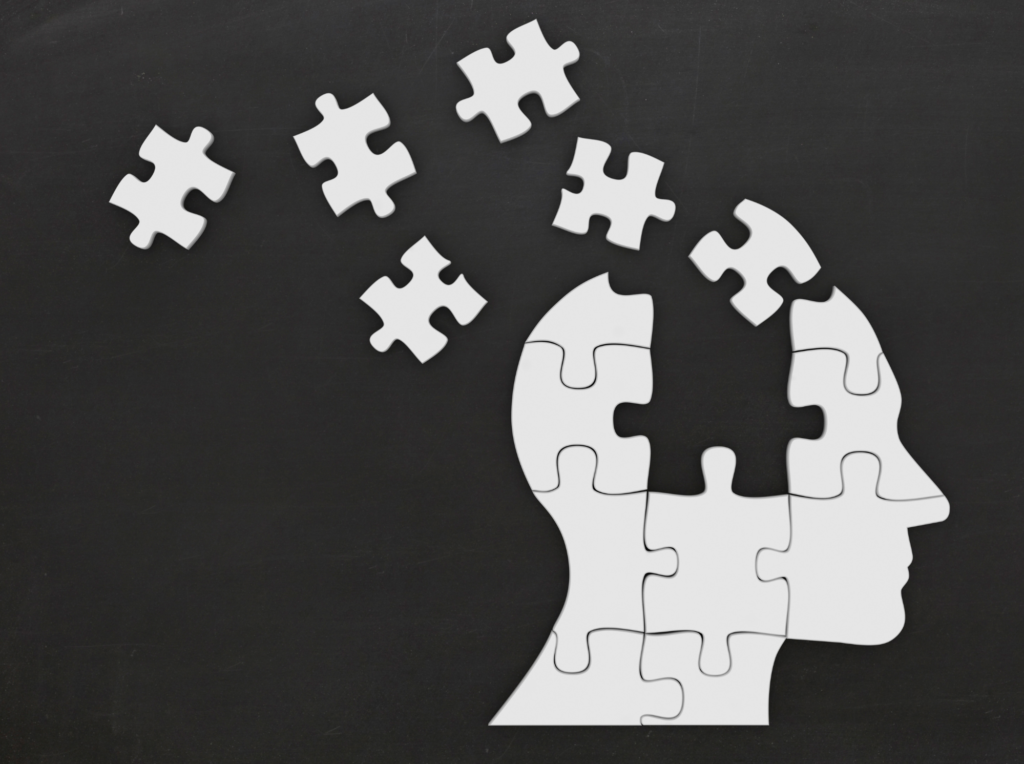
Technological akrasia
Published on July 19, 2022
Have you ever found yourself in a situation where you have two options: A which is better, and B, which is worse, but you deliberately choose the worse one: B? For example, perhaps you are aware that eating healthily is better, but you still decide to eat fat food? That phenomenon, in which you choose the worse option over the better one, is known as akrasia. It is different from procastination, as in the latter, you postpone an action, whereas in the first one you simply choose what is not good, knowingly. This phenomenon can be addressed from a philosophical, psychological and many more perspectives.
Pablo A. Ruz Salmones – CEO, X eleva Group
Saint Augustin would say that “those who fool themselves, don’t know that which fools themselves”. In other words, that no one would choose the bad over the good, if they knew what was truly good. Assuming that will is linked to knowledge, from that perspective akrasia is nothing but a lack of knowledge. If you do not know why eating healthy is tuly good, then that is why you choose to eat fat food.
Aristotle however, was of a different thinking. He admitted the existence of akrasia, and in fact made a distinction between two types: the momentaneously irrational one (where you perhaps choose wrong out of being angry), and that of a prolonged weak will. The latter is becoming increasingly important in our times, both from a practical and an ethical standpoint.
Today, many times we find ourselves consumed by a lack of will, or a weak will. For example, instead of using technology for positive things, we use it for knowingly negative ones, choosing the bad over the good.
That is, technology lets us read as many books and articles as we want, placing knowledge at our fingertips, and yet, many prefer to use it to divulge false information, or perhaps fight with others online, knowing that is no good for anyone.
This has transpired into a discourse which has as its main negative “slogan” the already cliché, and not very valuable thought of “where is technology taking us and our world?

A few years ago, it was television; people would say tv would turn others “dumb”. Now, that is what we say of internet, social media and videogames, just to name a few. It is of course undeniable that if someone spends hours of their day looking at violent content online, that will affect them emotionally and intelectually, but we keep forgetting we are the ones who choose to see that content
Paradoxically (and when we want to sound intelligent) we have coined the phrase “technology is nothing but a tool”. We use it when we want to disqualify someone’s use of technology for publishing bad content or fake news, for example. So on the one hand, we blame technology, and on the other, we say it is only a tool.
That paradox is quite easy to solve, in case you haven’t noticed. Only when it is convenient to us – that is, when it is us (you, me…), or our loved ones who take a wrong turn with tech – we choose to blame technology and say: “tech is making everyone” this and that. Yet, when it is someone we don’t know, or when we want to feel clever, we give technology back its status as only being a “tool”, and therefore, a neutral moral stand.
Akrasia is also reminiscent of what Kant would call a categorical imperative in many of his philosophical works; and core to his understanding of ethics. Acting, all the time according to a right judgement is impossible, rationally speaking.
We have failed to see that what is lacking is our will. We hate to identify ourselves as weak, so we blame something else, something we can’t control, when in reality, we can. In what can only be described as an act of cowardice, we use technology as the means by which we run away from our responsibilities.
Perhaps, an option would be to act under more flexible concepts, rather than just “good” or “bad”, and asking questions such as “¿what could I do in front of this particular situation?” Though this wouldn’t solve the core akrasia issue, it could develop a more comprehensive sense of responsibility, since it would be based on each person’s capacity to decide according to the best of their knowledge, without the pressure of following an ideal.
That, however, should not let us escape our moral duties; assuming and standing up instead of blaming something else is clearly a better option – and we know it; we’ve known it since we were kids, our parents would tell us so every time. Yet, even though we know that to be true, we choose to blame technology for what is happening to our loved ones, our world, and society. We’ve been choosing the bad option over the better one.
That is what I’d come to call technological akrasia.
Do you want to know how much your Tech Consulting project costs?